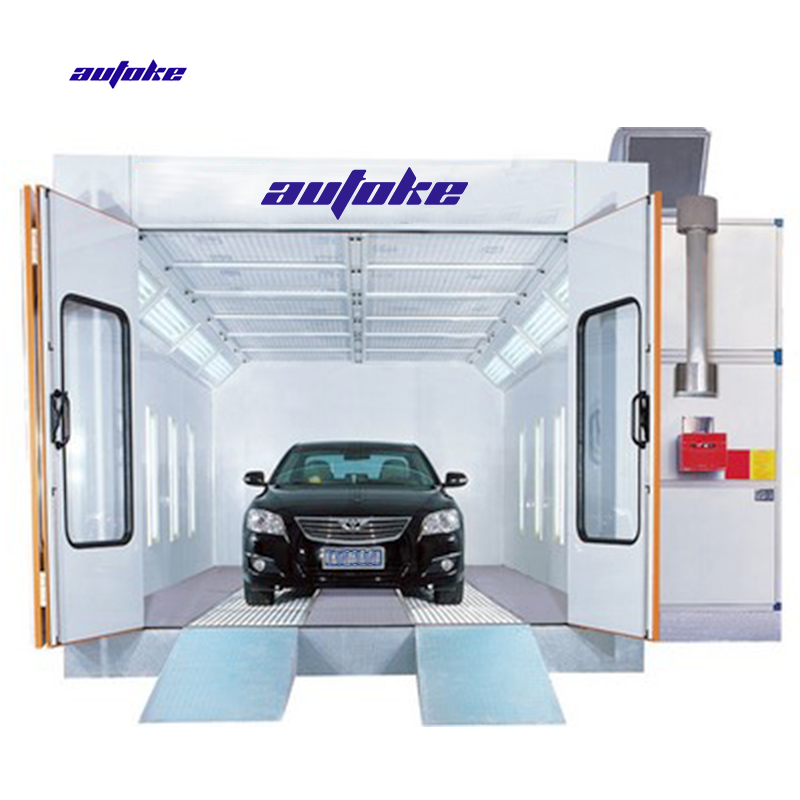Maintaining a clean and fresh car interior not only enhances the overall driving experience but also prolongs the lifespan of your vehicle. However, it is crucial to be aware of the products and materials that should never be used when cleaning your car's interior. In this blog post, we will explore the potential hazards associated with certain cleaning agents and methods, providing you with valuable insights on what not to use when cleaning your car interior.
- Harsh Chemical Cleaners:
Using harsh chemical cleaners may seem like an effective way to remove stubborn stains and dirt, but they can cause irreversible damage to your car's interior surfaces. Avoid using cleaners containing bleach, ammonia, or other abrasive chemicals, as they can fade upholstery, discolor plastics, and even corrode delicate surfaces. Instead, opt for mild, pH-neutral cleaners specifically formulated for automotive use. - Abrasive Tools:
While it may be tempting to use abrasive tools like steel wool or rough brushes to tackle tough stains, these can cause scratches and permanent damage to your car's interior. Avoid using abrasive tools on delicate surfaces such as leather, vinyl, or plastic. Instead, use soft microfiber cloths, soft-bristled brushes, or specialized detailing brushes to gently clean and remove dirt without causing harm. - Excessive Water:
Excessive water usage during car interior cleaning can lead to unwanted consequences such as mold growth, electrical damage, and musty odors. Avoid saturating the upholstery, carpets, or electronic components with water. Instead, use a damp cloth or a water-based upholstery cleaner sparingly, ensuring that you thoroughly dry the surfaces afterward to prevent moisture-related issues. - Oil-based Products:
Using oil-based products, such as furniture polish or oil-based cleaners, on your car's interior surfaces can leave behind a greasy residue and attract dust and dirt. These products can also cause discoloration and damage to certain materials. Instead, choose water-based cleaners and conditioners specifically designed for automotive interiors, as they provide effective cleaning without leaving an oily residue. - Ammonia-based Glass Cleaners:
While ammonia-based glass cleaners are commonly used for household cleaning, they should be avoided when cleaning car interiors. Ammonia can damage window tinting, vinyl surfaces, and navigation screens. Opt for ammonia-free glass cleaners or specialized automotive glass cleaners that are safe for use on all types of car windows.
Conclusion:
When it comes to cleaning your car's interior, it is essential to be cautious about the products and methods you use. By avoiding harsh chemical cleaners, abrasive tools, excessive water, oil-based products, and ammonia-based glass cleaners, you can ensure the longevity and pristine condition of your car's interior. Remember, always choose products specifically formulated for automotive use and follow the manufacturer's instructions for optimal results. Happy and safe cleaning!

